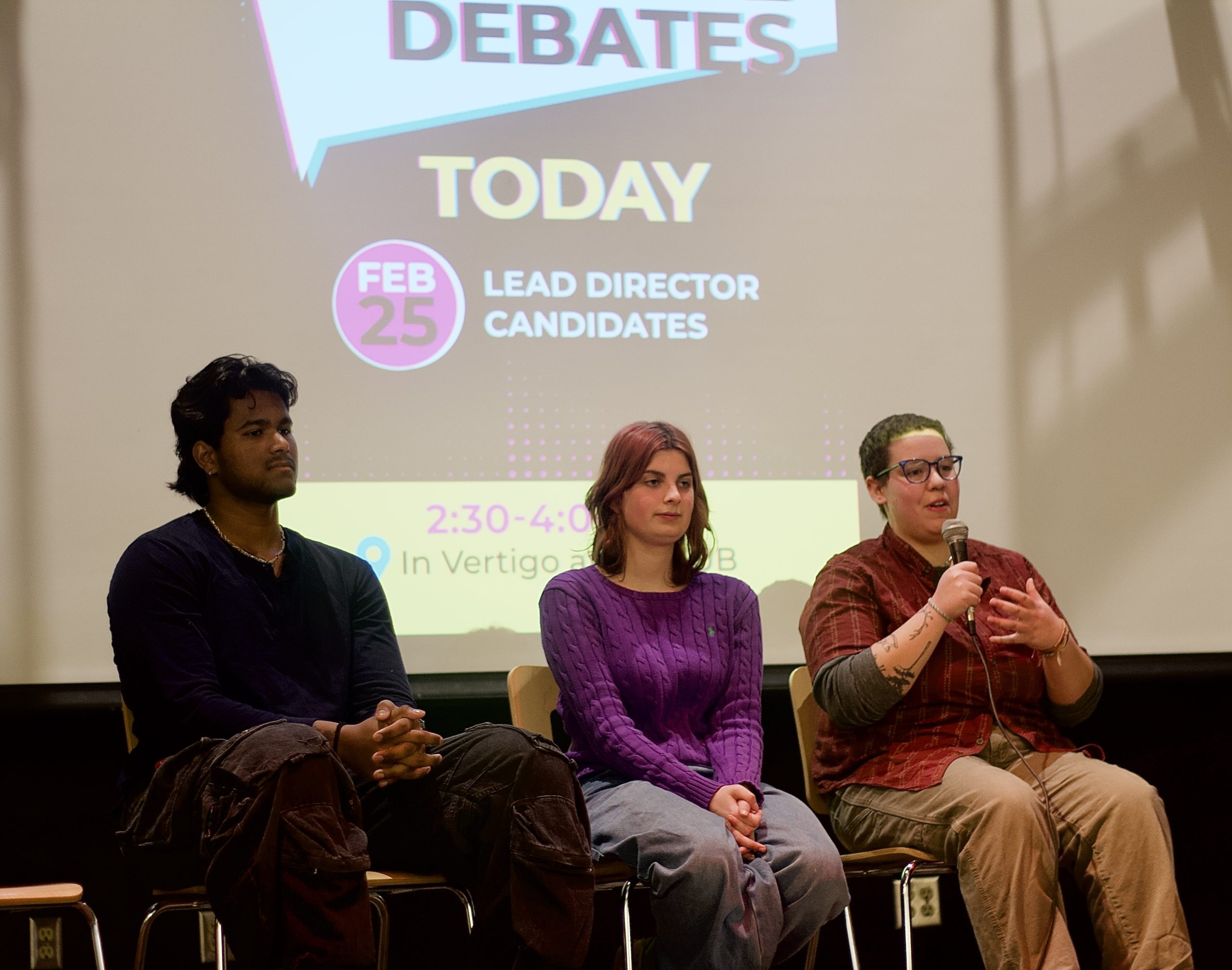I love Jennifer Lawrence as much as the last fanboy who tweeted about how she’s so down-to-earth, or giving a new face to female representation in Hollywood, or that gif of her spilling a tin full of mints. But I have a confession to make: I’m starting to wonder why all this thought towards someone matters when I’ve never even personally met them—I’m sure I’m not the only person.
Celebrity affairs have been part of the media for longer than any of us can remember. And with the advent of popular news websites like Reddit, BuzzFeed, and Gawker, the public’s ability to share and disclose tidbits of their favourite celebrity’s projects or personal lives has grown beyond what print media could’ve accomplished on its own.
We’ve all noticed the Buzzfeed articles populating our Facebook feeds. The ones claiming they’ll “restore our faith in humanity,” as if we’ve already been sucked dry of all optimism for humanity’s morality. What’re we looking at? Hollywood actors or actresses who’ve chosen to step away from the limelight of the paparazzi and give their time and attention to those with issues.
Actress Jennifer Lawrence has given candid opinions on the portrayal of women’s body image in Hollywood and how she disagrees with losing weight for roles as an actress. In an interview with BBC Newsnight, Lawrence spoke of her well known role in the film The Hunger Games: Catching Fire, which, by the way, is the first film with a female lead to gross #1 at the yearly box-office since 1973’s The Exorcist. She claims the film industry “has the ability to control the image that young girls see. Girls see enough of a body that they’ll never be able to obtain and this is going to be their hero,” she says. “It’s better to look strong and healthy rather than Kate Moss running with a bow and arrow.”
Another example might be of actor Ryan Gosling, who starred in 2010’s romantic drama Blue Valentine, a film which involved Gosling imitating cunnilingus. The film was labeled NC-17 by the MPAA because of its sexually explicit material, a rating that often relegates films to poor box-office performance because of its limiting effect on audience admittance. Gosling responded to the rating with frustration, claiming sexism by the MPAA. “There’s plenty of oral sex scenes in a lot of movies, where it’s a man receiving it from a woman—and they’re R-rated. Ours is reversed and somehow it’s perceived as pornographic.”
It’s no secret that these younger celebrities have been among the most spoken about in the past year. Lawrence and Gosling were both within the top 25 of Vulture’s “100 Most Valuable Stars of 2013.”
What I’d like to argue is not a case that points a finger saying these voices aren’t valuable and it’s detrimental to have younger celebrities being open about their opinions of popular culture. But is focusing on a select group of celebrities really worth the time?
Building up these young men and women for simply being modest and honest in their opinions of pop culture seems counterintuitive. Why should we borderline deify someone who chooses to lower themselves from the status of celebrity?
There are better things you could be doing with your time than watching those 30 BuzzFeed gifs on why Benedict Cumberbatch and Martin Freeman have the best bromance going since, like, forever, or looking up Tom Hiddleston’s countless public performances as his Marvel film character Loki.
For those of you who haven’t heard, a Pakistani teenager named Aitzaz Hasan gave his life protecting fellow students, by confronting a suicide bomber approaching their school. Additionally, North Korean refugee Shin Dong-hyuk is the only person known to have escaped from a “Total Control Zone” slave labour camp, which he has described as inflicting near Holocaust-like conditions.
Geeking out about your favourite celebrity’s real-life “persona” may be all fun and games. Remember, however, that there are headlines—important headlines—being made every day that likely won’t appear on your Facebook or StumbleUpon feeds.







